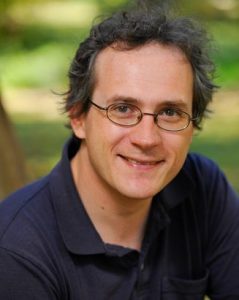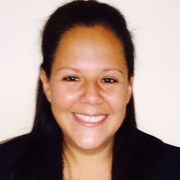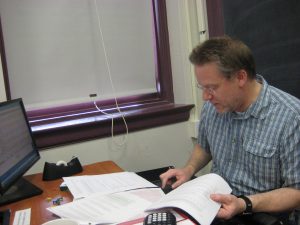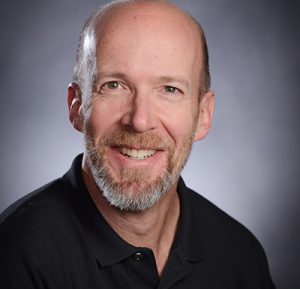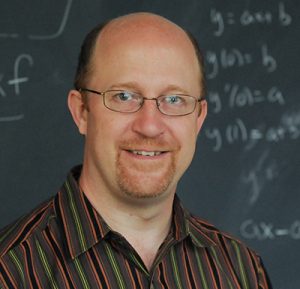Title: Modeling lamprey swimming with mathematics and computation
Abstract: Locomotion — swimming, running, flying — is one of the most basic animal behaviors. In order for an animal (like a lamprey) to swim, a lot has to happen, including neural signaling, muscle contractions, interactions between the body and the water, and adjustments from sensory feedback. How do we use mathematics to better understand the underlying mechanisms that drive locomotion? We will explore how we can use mathematical models to describe these individual systems and then coordinate the systems to produce a naturally emerging behavior in computer simulations of swimming lampreys.

